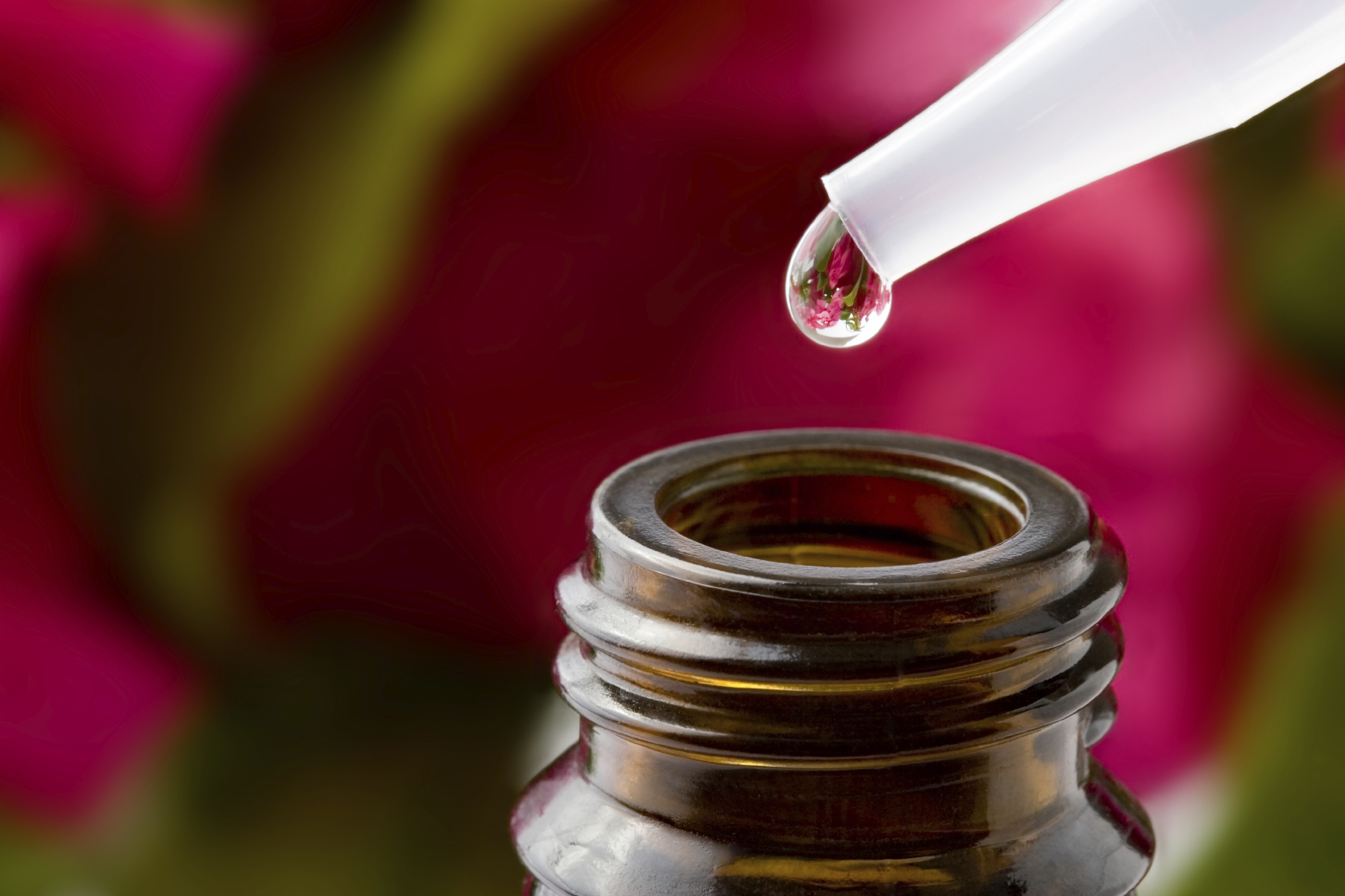Lok Sabha passes bill to revamp Homoeopathy council !
 Recently, Loksabha has passed a bill seeking to replace the Central Council of Homeopathy(CCH) with a board of governors and for bringing accountability in the homeopathic education system. But, Homeopathy works in the law of similars. Despite the fact that there are not much-proven trials, it is the second largest funded category after Ayurveda under India’s Ministry of AYUSH.
Recently, Loksabha has passed a bill seeking to replace the Central Council of Homeopathy(CCH) with a board of governors and for bringing accountability in the homeopathic education system. But, Homeopathy works in the law of similars. Despite the fact that there are not much-proven trials, it is the second largest funded category after Ayurveda under India’s Ministry of AYUSH.
A matter of controversy
The efficacy of homeopathy treatment was a debating topic worldwide for the last few years. In 2016, a blogger, Jithin Mohandas initiated a change.org petition asking the Kerala government to stop admitting students in homeopathic colleges. The petition was signed by 565 supporters and it claimed that the 200-year-old homeopathic treatment is both unscientific and ineffective. As a proof, he cited several studies conducted by the UK, US, and Australia to support his view. The petition urged the government to stop homeopathic colleges and convert them to MBBS, MD colleges and provide training for existing homeopathy degree holders to practice allopathy. The petitioner did not expect his demands to be blindly accepted by the government but he sought to create an awareness among the public. Last year, Uk’s National Health Service decided to stop prescribing the homeopathy entirely claiming that it is a misuse of scarce funds. Dr.C.Viswanathan, an ortho specialist who has conducted several studies on homeopathy science claims that homeopathy is wholly unscientific as well as ineffective. He analyzed the books related to Samuel Hahnemann’s writings and incorporated it into Homeopathy syllabus. He says that Hahnemann believed the symptoms as disease and did not believe in a scientific, internal reason for the disease. Also, according to him, Hahnemann harshly criticised pathological anatomy by bringing a spiritual angle to the treatment. Another person, Dr.Anand S Manjeri, an officer in Central Government Medical Services for Asianet News also supports the views of Dr. Viswanathan. He adds that the quantity of medicine is not a matter in homeopathy treatment. They believe that the hidden energy of the medicine can be invoked through shaking and mixing. Both of them says that many diseases get cured through self-immunization and some other diseases like Arthritis, have symptoms that vary with time and climate.
Even after 200 clinical trials, there is no evidence to prove that the homeopathy treatment works. Hence, the allopaths and homeopaths are in a constant war for centuries.
Despite following homeopathic treatment for mild illnesses, there are people who use homeopathy and other remedies for a severe illness like cancer. Studies point out that, those who use homeopathy or herbal remedies are twice as likely to die from the disease than those who use the modern medicine. According to a research by Yale University, this happens because the cancer patients using complementary therapies are more likely to refuse some or all medical treatments resulting in a poorer prognosis. Studies have shown that some alternative therapies including massage and acupuncture can improve quality of life and wellbeing, while patients face conventional treatment side effects. It helps patients to relax and feel in control. But many patients believe that alternative treatment will help their survival prospects. Dr. Skylar Johnson, in his new study, published in the Journal of the American Medical Association Oncology says, “Unfortunately, there is a great deal of confusion about the role of complementary therapies”. “Although they may be used to support patients experiencing symptoms from cancer treatment, it looks as though they are either being marketed or understood to be effective as cancer treatments. The side effects and mistrust of major pharmaceutical companies can make the benefits of alternative medicine like a credible option.
The new amendment
The new bill was introduced by AYUSH minister Shripad Yesso Naik. It was intended to replace an ordinance brought by the government earlier this year. These are some features of the new bill.
1. Replacement of central Council – The bill is intended to amend the 1973 act to provide the supersession of Central Council. The council will be reconstituted within one year from the date of its supersession. meanwhile, the central government will constitute a bard of governors which will have the power of the central council.
2. The board of governors: The board will consist of 7 members which include, Persons of eminence in the field of Homeopathy education, eminent administrators appointed by the central government. From these members, the central government will select one member as the chairperson of the board.
3. Permission for the homeopathic medical colleges – If any person has established a new homeopathic college or if any of the existing homeopathic colleges have opened new courses or increased its admission capacity, they have to seek permission from the central government within one year. If they fail in seeking permission, the certificates issued by the specific college will not be recognized under the act.
The Bill, which seeks to replace an Ordinance promulgated by the President in May, was approved by a voice vote after the House rejected several unofficial amendments. Several Opposition members questioned the ordinance route taken by the government to bring the amendment in the 1973 Homoeopathic Council Act and “undermine” Parliament’s powers and asked it to explain the “extraordinary situation” which compelled them to do so. In reply, Naik said the government had to come out with a law to abolish CCH as it did not have powers to deal with the erring chief and other members who faced grave charges of corruption.